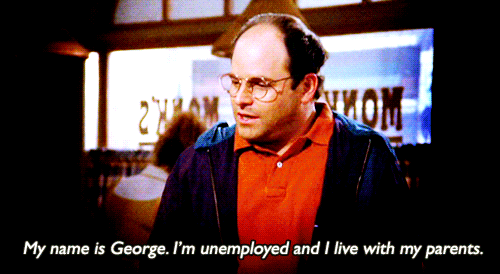12 months of coverage. If you signed up for coverage by December 15, you'll start the new year off with coverage on January 1, 2015 - and unlike your New Year's resolutions, you'll be able to keep that coverage for the whole rest of the year. What's more, most people who buy coverage through the health insurance marketplace are able to get financial help paying for their plan. If you haven't signed up yet, it's not too late - visit HealthCare.gov today to see if you qualify!

11 states visited by Out2Enroll. Out2Enroll is a nationwide campaign to connect LGBT people and our families with affordable health insurance coverage. Last year we visited 11 states to talk with LGBT community members about new coverage options, and we're on the road again now - check out Out2Enroll.org to see what's happening this year in your state and to find out more about your coverage options!

10 essential health benefits. Under the Affordable Care Act, plans have to cover at least 10 categories of health benefits, including mental and behavioral health services, prescription drugs, preventive screenings, doctor visits, emergency services, hospital stays, and more. Health reform is not just about getting coverage - it's about getting coverage for the health care you need.

9 ways to qualify for a special enrollment period. Enrollment through the health insurance marketplace is open until February 15, 2015. If you miss this deadline, you might be unable to buy health insurance until next fall. The only exception is if something changes in your life, including getting married, having a baby or adopting a child, moving, changing a job, or other major life events. If you have a big life change, you may qualify for a 60-day special enrollment period that lets you sign up for coverage any time of year.

8 new free preventive services for women. The law requires plans to cover a range of new preventive services for women - including well-woman visits, birth control, and breastfeeding support - without a copayment or other out-of-pocket costs. That's in addition to the 15 other prevention and wellness screenings that are now free for everyone, including HIV testing, immunizations, and help to quit smoking.

7 more years on your parents' insurance. Before the Affordable Care Act, most young people lost access to a parent's plan at age 19. Now, anyone under age 26 can stay on a parent's plan - even if you're married, don't live at home, don't depend on your parents financially, are attending school, or are eligible for coverage through your employer. Learn more from Young Invincibles about what health reform means for young adults!

6 (out of 10) uninsured people can get covered for less than $100 per month. The Affordable Care Act offers financial help so you can get coverage that fits your budget. If you're uninsured or simply want to explore your options, check out HealthCare.gov to see if you qualify for financial help that can reduce your monthly premiums to less than $100 - it might even be less than you spend on your cell phone bill, your gym membership, or that new outfit you got to impress your crush at the office holiday party!

5 new LGBT-inclusive nondiscrimination protections. The Affordable Care Act has 5 new nondiscrimination protections that include LGBT people and our families. If you experience discrimination on the basis of your sexual orientation or gender identity, you have rights. You can file a complaint with your state's department of insurance and the Office for Civil Rights at the U.S. Department of Health and Human Services. What's more, if you're legally married to a same-sex spouse in any state, insurers have to offer you the same family coverage that they offer to different-sex spouses - even if your state doesn't (yet!) recognize your marriage.

4 plan levels. The health insurance marketplaces offer plans in four metal levels: bronze, silver, gold, and platinum. These levels have nothing to do with the amount or quality of the care that you get. Instead, they describe how the costs of your health care are shared between you and the insurance company. The metal levels help you calculate your costs and choose the plan that best fits your budget.

3 new ways your coverage is better. Your coverage should be there for you when you need it. Under the Affordable Care Act, plans cannot deny you coverage because of a pre-existing condition such as HIV, cancer, asthma, high blood pressure, or because you're transgender. Plans also cannot cap how much they will pay toward your health care costs, and your coverage can't be cancelled just because you get sick or injured.

2 percent of your income if you don't have health insurance. The Affordable Care Act requires most Americans--with some exceptions--to have health insurance coverage, whether through your employer, the marketplace, Medicare, Medicaid, or the VA, among other options. If you don't have health insurance, you may have to pay a penalty. In 2015, the penalty is 2 percent of your yearly income or $325 (whichever is greater). In addition, you're responsible for 100 percent of the cost of any medical care you might need. So don't wait til it's too late - check out your options for financial help to get covered at HealthCare.gov!

1 easy way to get covered. Health care can be confusing - but exploring your coverage options shouldn't be. Visit Out2Enroll.org to get more information about what the Affordable Care Act means for LGBT people and to find free local assistance to understand your options and find out whether you qualify for financial help. This holiday season, give yourself the gift of financial security and access to the health care you need - get covered today!
